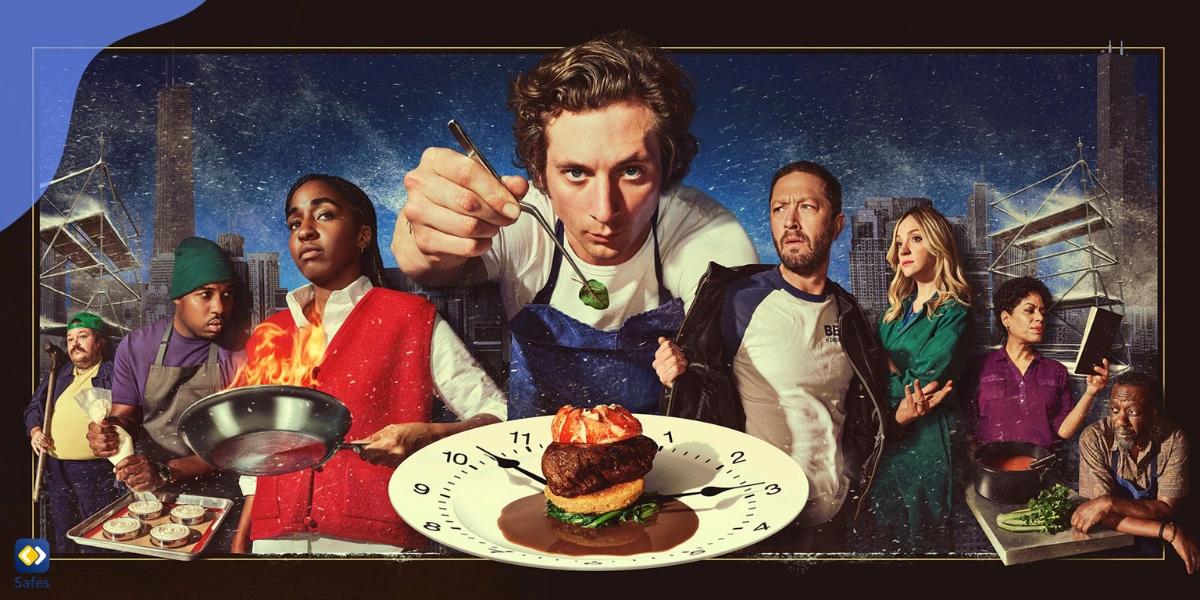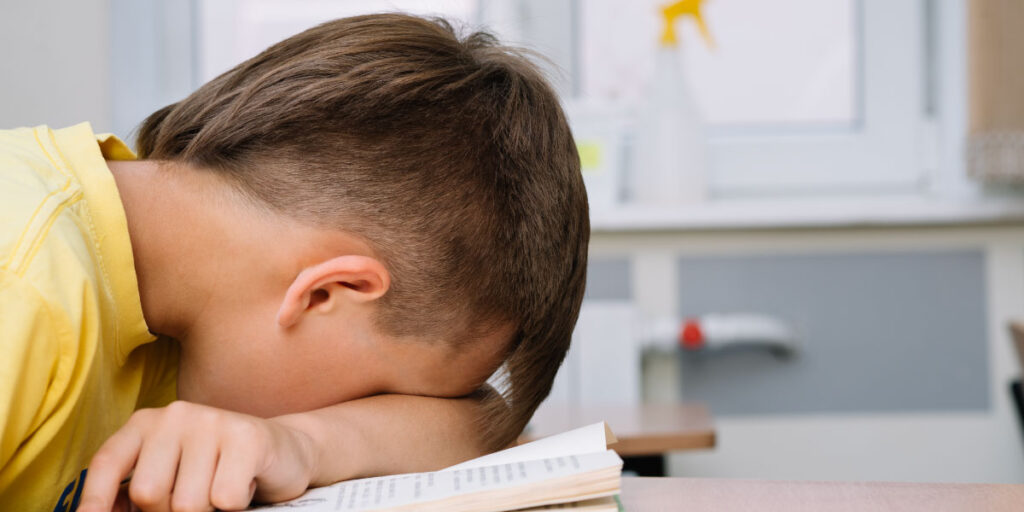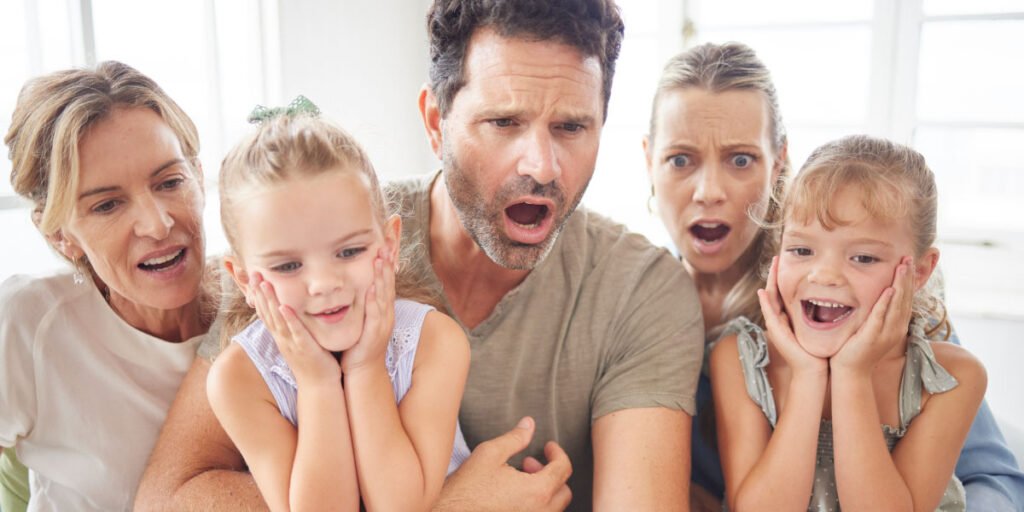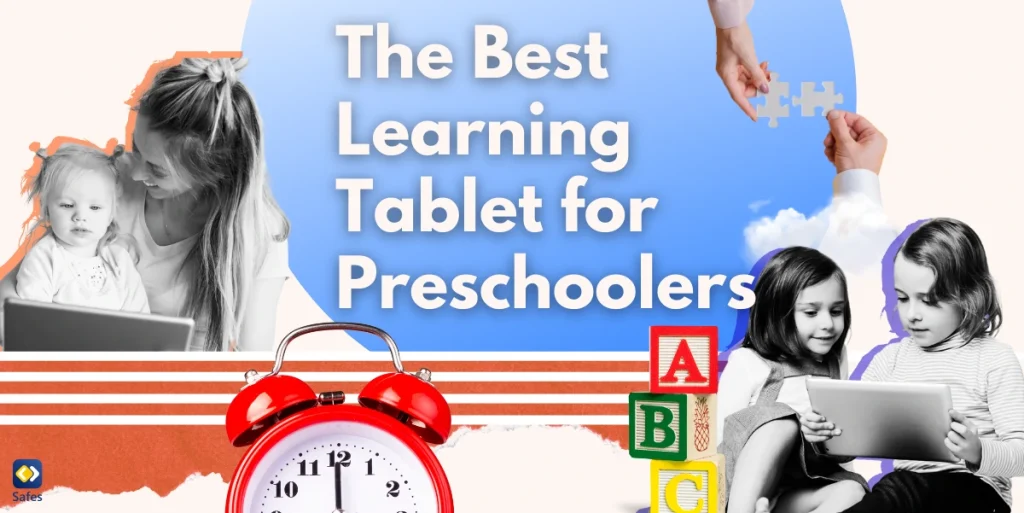TV shows’ impact on children’s mental and emotional well-being is a topic of growing concern among parents, educators, and psychologists. Parents often struggle to decide whether to let their kids watch shows like ‘The Bear’ due to their mature content. In this The Bear parents’ guide, we will give you a snapshot of the series’ content, discuss its age rating, and the potential psychological impacts of the show’s themes so that you can make an informed decision about whether to allow your child to watch this popular series.
Download and Start Your Free Trial of the Safes Parental Control App
Introduction to the Series The Bear
The Bear is an American comedy-drama television series that made its debut on Hulu on June 23, 2022. The show revolves around a young, award-winning chef, Carmen “Carmy” Berzatto, who inherits his family’s Italian beef sandwich shop following the suicide of his older brother.
The series explores Carmy’s struggle to manage the chaotic kitchen, deal with his brother’s unresolved debts, and cope with his personal pain and family trauma. The show shines a spotlight on grief, depression, and the challenges of running a business, all against the backdrop of the culinary world.
Positive Messages and Mature Themes of The Bear
While The Bear does an exceptional job of highlighting the struggles faced by small business owners and the importance of perseverance, it also delves into mature themes. The series explores the aftermath of suicide, revealing the profound impact it has on the lives of those left behind.
Is the Bear TV show violent? It does contain scenes of arguments and yelling, but overall, it’s not a violent show. Suicide is a major theme in The Bear, but the suicide attempt itself is not portrayed. It is important to note that the show contains strong language (mostly in Spanish), which may not be suitable for younger viewers. The series also touches upon drug addiction and mental health issues, further emphasizing the need for parental guidance.

Critical and Audience Reception of The Bear
The show has received widespread critical acclaim, particularly for its writing, directing, and acting. It has an exceptional 99% approval rating from critics on Rotten Tomatoes. This is what Benji Wilson, one of Rotten Tomatoes’ top critics, wrote about The Bear’s first season:
“There are many great dishes that are made from the same basic ingredients – it’s what you do with them that counts, and The Bear gets the balance between atmosphere and story, sour and sweet, just right.”
The Bear also has a high average score of 8.6/10 based on 175K user ratings on IMDb, which indicates a positive reception from the audience as well.
The Bear’s Age Rating and Suggested Viewing Age
The Bear carries an official age rating of TV-MA, indicating that the content is intended for mature audiences and may not be suitable for children under 17. Considering the sensitive themes explored in the show and its explicit content, parents may want to exercise discretion.
Common Sense Media, a reliable source for parents, notes the positive themes of “the love of family.” However, it still recommends The Bear for viewers aged 15 and above due to its mature content. It praises the show for its “outstanding performances” and “well-drawn characters” but also warns parents about the show’s heavy themes and explicit content.
From our point of view, The Bear is a brilliantly executed show. Still, its mature themes make it more appropriate for older teens, around 17. The explicit language, portrayal of grief, and depiction of suicide make it a difficult watch for younger viewers.

The Psychological Impact of Grief, Depression, and Suicide on Young Children
Dr. Benedikt Till et al. conducted a laboratory experiment on adult viewers of films with suicidal content. They demonstrated that such content could have a significant effect on susceptible individuals, particularly those already dealing with suicidal thoughts or depression. Nevertheless, the experiment also indicated that the films “featuring the main character positively coping with his crisis increased life satisfaction, particularly among participants with higher suicidal tendencies.” We can conclude from Dr. Till’s experiment that the type of media that children consume, and their preexisting conditions are critically important.
While it has never been commonly accepted, some experts believe that exposure to suicidal behavior in media can lead to copycat behavior, also known as the Werther’s effect. Dr. Marco Scalvini, a senior lecturer in the Communications and Media Program at the London College of Communication, has published a research paper about this phenomenon. Although he is not a believer in the Werther’s effect, he expresses that media producers have a moral responsibility toward viewers who are more vulnerable to grim topics. He believes that “parents, educators, and therapists cannot delegate their role to screenwriters or producers. They need to talk to children and young people openly, not censor what they read or view.”
Psychologists recommend these discussions should be age-adjusted and handled delicately, with an emphasis on mental health, the importance of seeking help, and the value of life. These are the qualities that The Bear lacks, as it is a show targeted at a relatively mature audience.
Navigating Online Safety and Media Consumption
In today’s digital age, children have easy access to a wide range of content online, some of which may not be suitable for their age or mental well-being. That is one of the reasons why parental control apps like Safes are crucial. Safes allows you to monitor and control your child’s internet and media use, ensuring they are exposed to age-appropriate and psychologically safe content.
Sign up today for your free trial and test Safes’ features. Safes is also offered on major app distribution platforms like Google Play and App Store.
Conclusion: The Final Verdict on The Bear
While The Bear is a well-crafted series with strong performances and a compelling narrative, its mature themes make it a series best suited for adult viewers. Parents should exercise discretion and consider their children’s mental and emotional maturity before allowing them to watch this show.
Remember, open communication about the themes and content of the shows your child watches can help mitigate any potential negative impacts and foster a healthy understanding of complex topics.
Your Child’s Online Safety Starts Here
Every parent today needs a solution to manage screen time and keep their child safe online.
Without the right tools, digital risks and excessive screen time can impact children's well-being. Safes helps parents set healthy boundaries, monitor activity, and protect kids from online dangers—all with an easy-to-use app.
Take control of your child’s digital world. Learn more about Safes or download the app to start your free trial today!




